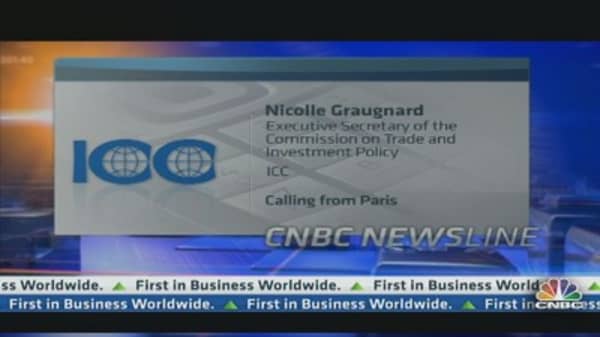Such an agreement must not only eliminate tariffs; it must tackle non-tariff barriers – including regulations, standards, testing certifications and many other "behind-the-border" measures – that needlessly increase the cost of trade between the U.S. and Europe.
It will not be easy – there are some real differences in the way the US and the EU approach regulation. But progress does not require either side to give up their respective regulatory regimes. Through a combination of mutual recognition, impact assessments and regulatory dialogue we can bridge our regulatory differences and identify opportunities to eliminate needless or redundant bureaucratic red tape without impacting important health, safety, environmental and investor protections.
The other major benefit that can come from the TTIP is the opportunity to have the US and the EU aligned on many of the critical 21st century trade issues that we both face around the world. Whether it is on state sponsored enterprises, digital trade, intellectual property, investment, supply chains or services trade, forging common ground between the US and the EU will produce a set of high standards that should become the global norm.
Common standards will help US and European companies operating around the world and will make the transatlantic region more globally competitive.




